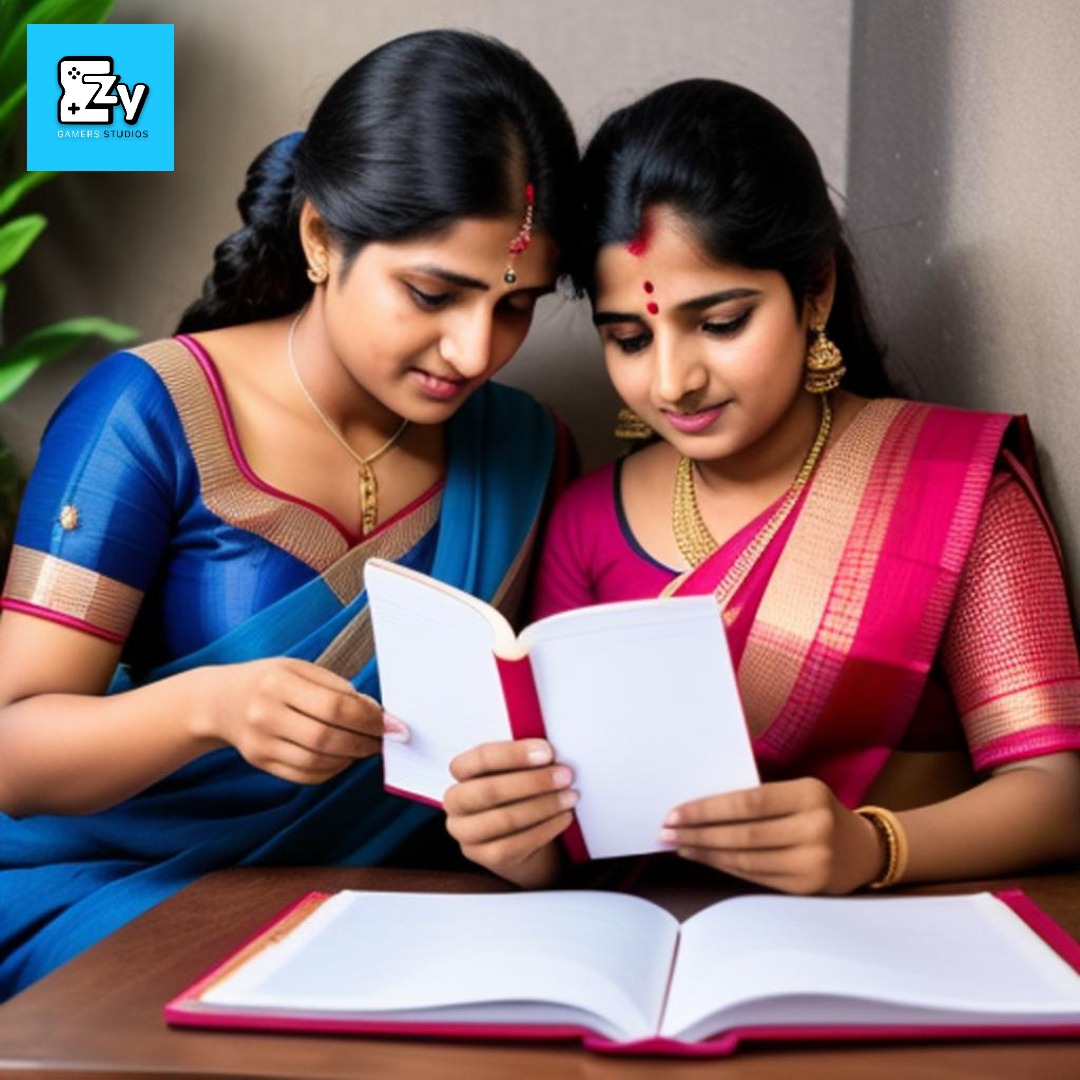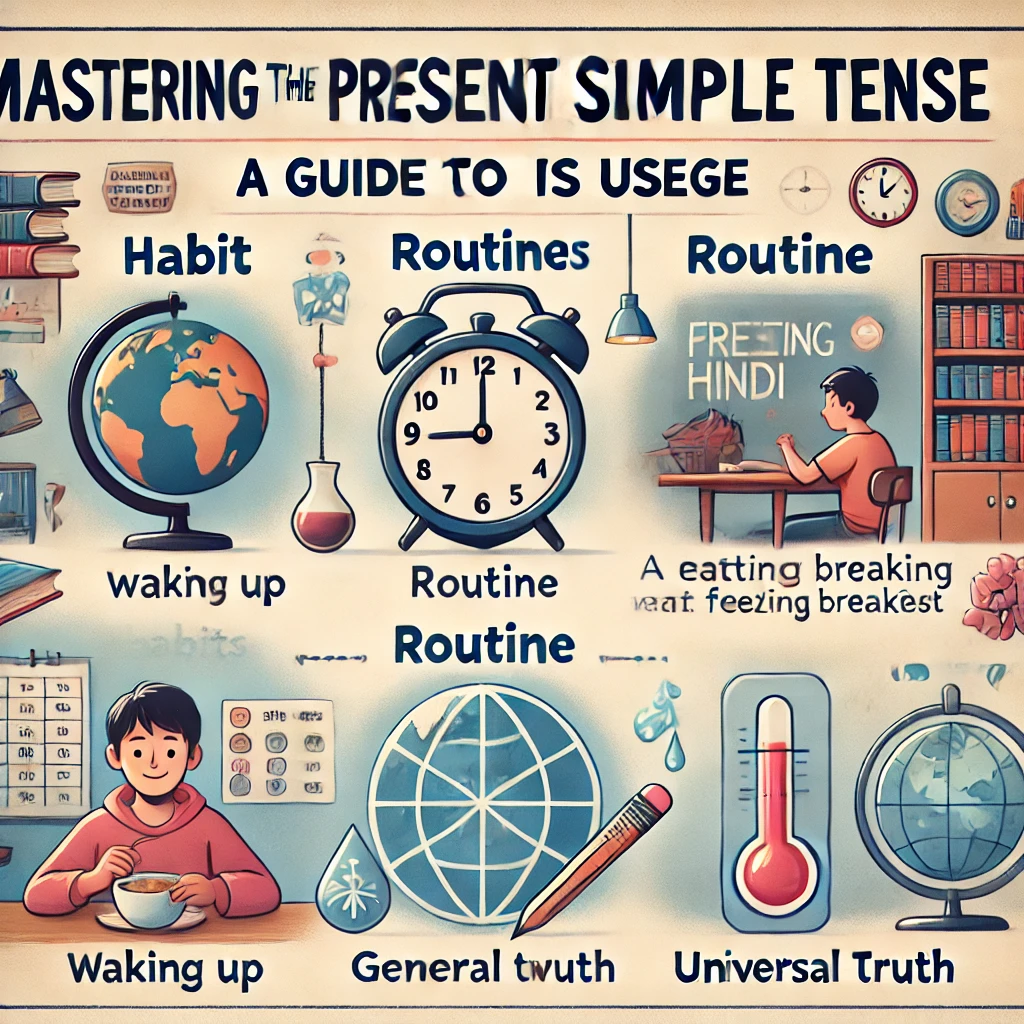Explanation in Hindi:
अल्पविराम (,) एक छोटा लेकिन महत्वपूर्ण विराम चिह्न है जिसका उपयोग वाक्यों को स्पष्ट और समझने में आसान बनाने के लिए किया जाता है। अल्पविराम का इस्तेमाल कई कारणों से किया जाता है, जैसे:
शब्दों की सूची अलग करने के लिए: जब हम किसी वाक्य में दो या दो से ज़्यादा शब्दों या वाक्यांशों की सूची देते हैं, तो हम उनके बीच अल्पविराम का इस्तेमाल करते हैं। उदाहरण के लिए, "मुझे फल, सब्ज़ियां, और दही पसंद है।"
वाक्य के दो भागों को अलग करने के लिए: जब हम किसी वाक्य को दो अलग-अलग भागों में विभाजित करते हैं, तो हम उनके बीच अल्पविराम का इस्तेमाल करते हैं। उदाहरण के लिए, "मैं स्कूल जाता हूँ, फिर घर आता हूँ।"
विशेषणों को अलग करने के लिए: जब हम किसी शब्द को कई विशेषणों से सजाते हैं, तो हम उनके बीच अल्पविराम का इस्तेमाल करते हैं। उदाहरण के लिए, "यह एक बड़ा, नीला, सुंदर घर है।"
विशिष्ट जानकारी को जोड़ने के लिए: जब हम किसी वाक्य में अतिरिक्त जानकारी देते हैं, तो हम उसे अल्पविराम से अलग कर सकते हैं। उदाहरण के लिए, "मैं कल, अपनी बहन के साथ, पार्क गया था।"
अल्पविराम का सही उपयोग करना आपके वाक्यों को स्पष्ट और सुंदर बनाता है।
Explanation in English:
The comma (,) is a small but important punctuation mark that is used to make sentences clear and easy to understand. Commas are used for several reasons, such as:
Separating items in a list: When we list two or more words or phrases in a sentence, we use commas to separate them. For example, "I like fruits, vegetables, and yogurt."
Separating two parts of a sentence: When we divide a sentence into two separate parts, we use a comma to separate them. For example, "I go to school, then come home."
Separating adjectives: When we use multiple adjectives to describe a word, we use commas to separate them. For example, "It is a big, blue, beautiful house."
Adding specific information: When we provide additional information in a sentence, we can separate it with commas. For example, "I went to the park yesterday, with my sister."
Using commas correctly makes your sentences clear and beautiful.
Example Sentences:
| English | Hindi | Roman Hindi |
|---|---|---|
| I like apples, oranges, and bananas. | मुझे सेब, संतरा और केला पसंद है। | mujhe seb, santara aur kela pasand hai. |
| She went to the market, bought groceries, and came home. | वह बाजार गई, किराने का सामान खरीदा, और घर आ गई। | vah bazaar gayi, kirane ka saman kharida, aur ghar aa gayi. |
| The tall, handsome, and intelligent boy won the prize. | लंबा, सुंदर और बुद्धिमान लड़का पुरस्कार जीता। | lambaa, sundar aur buddhiman ladka puraskar jeeta. |
| My father, who is a doctor, works in a hospital. | मेरे पिता, जो डॉक्टर हैं, अस्पताल में काम करते हैं। | mere pita, jo doctor hain, aspatal mein kaam karte hain. |
| He is coming tomorrow, I think. | वह कल आ रहा है, मुझे लगता है। | vah kal aa raha hai, mujhe lagta hai. |
| Please, can you help me with this? | कृपया, क्या आप मुझे इसमें मदद कर सकते हैं? | kripya, kya aap mujhe ismein madad kar sakte hain? |
| He works hard, but he is not happy. | वह कड़ी मेहनत करता है, लेकिन वह खुश नहीं है। | vah kadi mehnat karta hai, lekin vah khush nahin hai. |
| My favorite color is blue, and yours? | मेरा पसंदीदा रंग नीला है, और आपका? | mera pasandida rang nila hai, aur aapka? |
| I love to read books, especially novels. | मुझे किताबें पढ़ना बहुत पसंद है, खासकर उपन्यास। | mujhe kitabain padhna bahut pasand hai, khas kar upanyas. |
| She is a good singer, and a talented dancer. | वह एक अच्छी गायिका है, और एक प्रतिभाशाली नर्तकी है। | vah ek achchhi gayika hai, aur ek pratibhaasali nartaki hai. |





